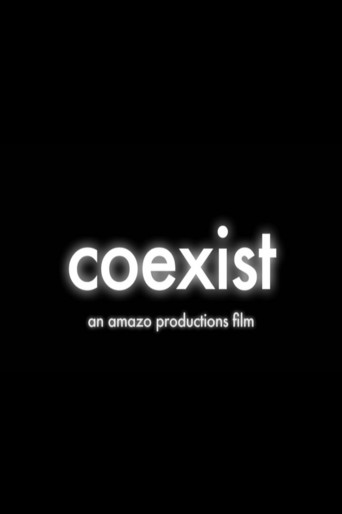
Coexist tells the emotional stories of women who survived the Rwandan genocide in 1994. They continue to cope with the loss of their families as the killers who created this trauma return from jail back to the villages where they once lived. Faced with these perpetrators on a daily basis, the victims must decide whether they can forgive them or not. Their decisions are unfathomable to many, and speak to a humanity that has survived the worst violence imaginable.
Similar titles
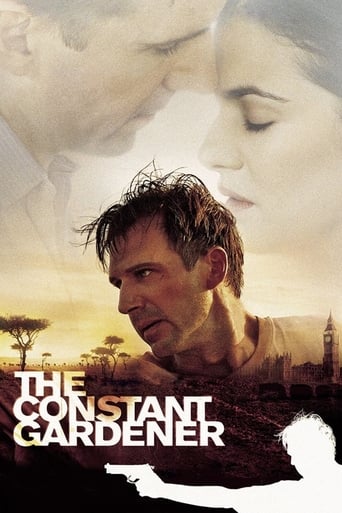
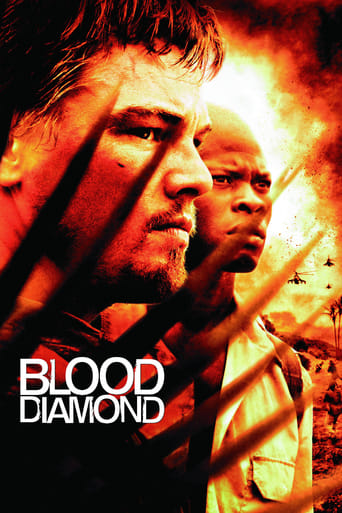
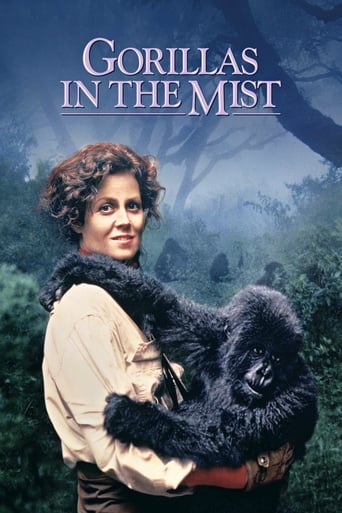
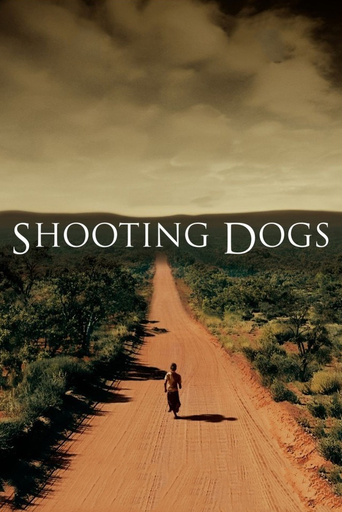
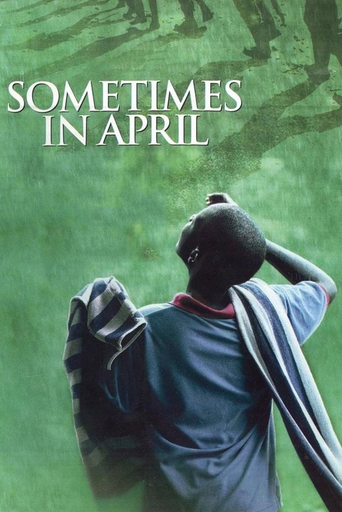

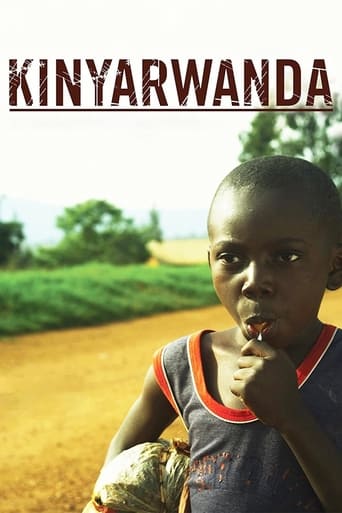
Reviews
Good movie but grossly overrated
A lot of fun.
This is a coming of age storyline that you've seen in one form or another for decades. It takes a truly unique voice to make yet another one worth watching.
Easily the biggest piece of Right wing non sense propaganda I ever saw.
Recently in the news is political cult leader Muammar Gaddafi calling the Libyan people "cockroaches" -- the very term used by radio hosts to dehumanize Tutsi in Rwanda on the cusp of the hundred-day slaughter in 1994. How could people turn on their friends and neighbors, and murder them?I recently saw a brilliant new documentary film by Adam Mazo called Coexist, which tells the story of victims, perpetrators, and survivors of the 1994 genocide in Rwanda, and what they face as they try to rebuild shattered trust in their country. A key theme in the film is the government-mandated process of reconciliation, and the need to break the cycle of violence so today's victims don't become tomorrow's perpetrators.The film shows viewers two faces of forgiveness: its healing power and agonizing limitations. It also lays bare the challenges of coexistence between victims and perpetrators, the ongoing risk of revenge, and the lengthy process of rehumanizing the killers, many of whom have been released from prison and are returning to the villages where they raped, destroyed, and murdered.I can't get out of my head the testimony of one of the perpetrators featured in the film, a man named Gregoire. He is serving a life sentence for ordering the killing of thousands of Tutsi in his district and from his prison compound says, "Maybe some people blame it on the government, but the government is not inside our hearts. I brainwashed people to kill Tutsi. I never killed Tutsi but... if I'd wanted to stop it, nothing would have happened."There is a powerful connection between Gregroire's statement about brainwashing of killers in Rwanda and my own work with cult members and other victims of mind control. In both cases people are dealing with issues of obedience to authority and conformity to peer pressure. They were operating in a "closed system" where reality was being dictated by those in authority to everyone else living in abject fear.I have developed the BITE model of mind control, based on the work of former military intelligence researchers like eminent psychiatrist Robert Jay Lifton and psychologist Margaret Singer. The BITE model (control of Behavior, Information, Thoughts and Emotions) explains that if you have an authoritarian person or regime that using these components to create a new "identity" which is dependent and obedient, you have the essential components of mind control.The film left me wondering whether Rwandans who participate in reconciliation processes would be less likely to get swept up ever again in the madness of mass killing.Victims of cults and those impacted by genocide (whether perpetrators or victims) need to learn about conformity and obedience to deepen their understanding of how susceptible human beings are to authority and persuasion. The groundbreaking experiments of social psychologists Solomon Asch in the 1950s, Stanley Milgram in the 1960s, and Philip Zimbardo in the 1970s reveal the depths of human subservience to authority and the sway of groups over individuals. Interestingly, across all three experiments, roughly sixty-percent of subjects abandon their own beliefs and cave into group pressure, even if it means doing something they know is wrong, or worse: something they realize is harmful to others.As I watched Coexist, I found myself thinking about the work of Asch, Milgram, and Zimbardo, and my work on cult mind control and brainwashing. In this age of social networking via the Internet, the world audience should take the time to understand more about social influence. And how we, as adults must always remain vigilant to the social influence pressures we are under and always use our critical thinking to periodically "reality- test" our decisions and actions. Information control is what all dictators and cult leaders need to use to establish and maintain power. Deception, spying, keeping dissidents (ex-members, critics) silenced, intensive propaganda are just some of the sub-components of Information control. The Internet has proved to be the most powerful vehicle for social change, because in my opinion, people do want to know the "truth" and will seek out other facts and opinions, so they can think for themselves.Given Rwanda's commitment to unity and reconciliation -- the crux of official government policy -- there is a crying need for these lessons to be learned by both victims and perpetrators. And this is one of the main points of Coexist and the insightful Viewer's Guide written by the film's learning director, Dr. Mishy Lesser: the cycle of violence could be reignited if Rwandans in the future fail to stand firm in their beliefs and, if necessary, disobey authority to protect one another. In a country with so much human suffering, ongoing fear, and lingering trauma, I would suggest that the best way to ensure a brighter future is to incorporate into the country's educational system -- at all levels -- the study of conformity, obedience, and subservience, as well as strategies to combat harmful and illegitimate applications of those human tendencies. That way, Rwandans can show the world how passive bystanders can become active upstanders committed to the protection of all vulnerable people.The Coexist documentary and its Viewer's Guide should become part of a mandated international educational curriculum that shows a vivid example of "how good people do evil things," to quote my mentor Dr. Zimbardo. His Heroic Imagination Project is an ambitious effort to seed heroism throughout the world and which encourages people to do the right thing, not because there is something in it for them, but because it is the right thing to do. I am working with my co-director Alan Scheflin to create an academic think tank at Santa Clara Law School to study all aspects of social influence.
Top Streaming Movies












